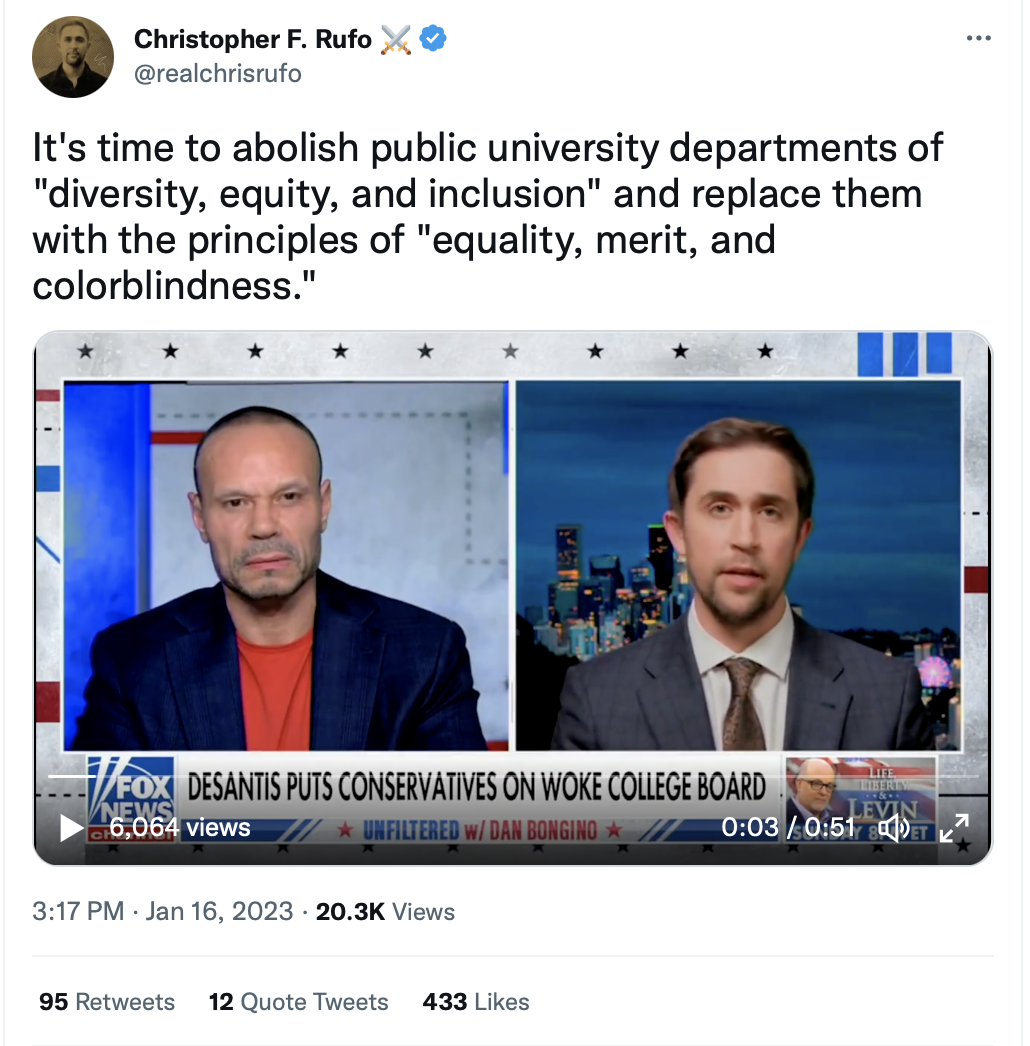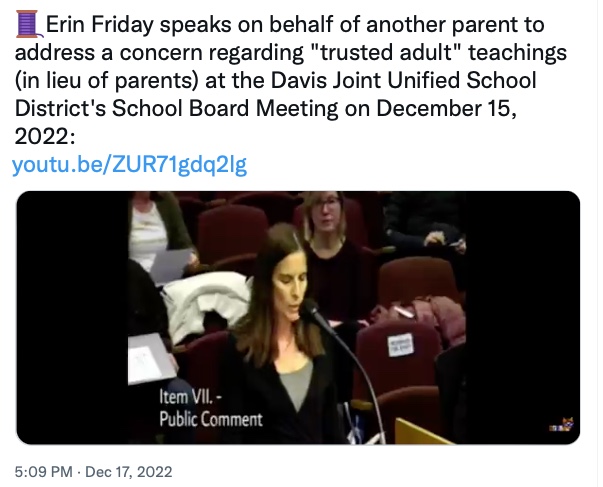Freddie DeBoer: About Good Students and False Hopes
If we tweak (or totally revamp) education, can we turn lackluster students into excellent students? Freddie DeBoer claims that, with some exceptions, no. The answer to this question bears substantially and harshly on many public policy issues. First, an excerpt from DeBoer's essay, "Education Doesn't Work 2.0: a comprehensive argument that education cannot close academic gaps":
The brute reality is that most kids slot themselves into academic ability bands early in life and stay there throughout schooling. We have a certain natural level of performance, gravitate towards it early on, and are likely to remain in that band relative to peers until our education ends. There is some room for wiggle, and in large populations there are always outliers. But in thousands of years of education humanity has discovered no replicable and reliable means of taking kids from one educational percentile and raising them up into another. Mobility of individual students in quantitative academic metrics relative to their peers over time is far lower than popularly believed. The children identified as the smart kids early in elementary school will, with surprising regularity, maintain that position throughout schooling. Do some kids transcend (or fall from) their early positions? Sure. But the system as a whole is quite static. Most everybody stays in about the same place relative to peers over academic careers. The consequences of this are immense, as it is this relative position, not learning itself, which is rewarded economically and socially in our society.
This phenomenon is relevant to the question of genetic influence on intelligence, but this post is not about that. The evidence of such influence appears strong to me, and opposition to it seems to rely on a kind of Cartesian dualism. However, one need not believe in genetic influence on academic outcomes to recognize the phenomenon I’m describing today. Entirely separate from the debate about genetic influences on academic performance, we cannot dismiss the summative reality of limited educational plasticity and its potentially immense social repercussions. What I’m here to argue today is not about a genetic influence on academic outcomes. I’m here to argue that regardless of the reasons why, most students stay in the same relative academic performance band throughout life, defying all manner of life changes and schooling and policy interventions. We need to work to provide an accounting of this fact, and we need to do so without falling into endorsing a naïve environmentalism that is demonstrably false. And people in education and politics, particularly those who insist education will save us, need to start acknowledging this simple reality. Without communal acceptance that there is such a thing as an individual’s natural level of ability, we cannot have sensible educational policy. . .


